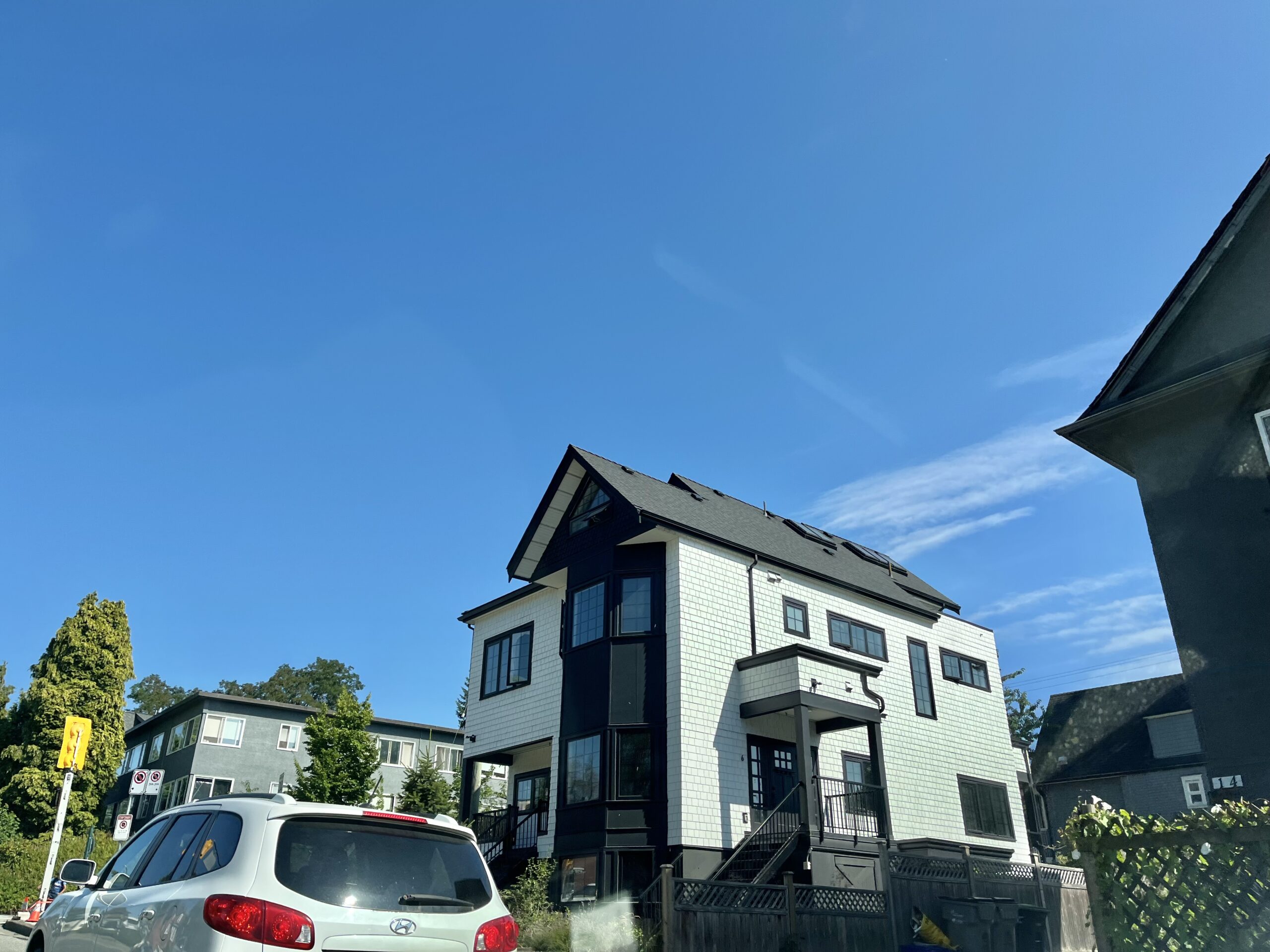Canada is a top destination for international workers and students. Owning a home in the country is a major goal for many temporary residents.
Recent legislation has raised questions about whether temporary residents, including work permit holders, can buy property in Canada. This guide explains the current rules, exceptions, legal requirements, and practical considerations.
New Law: Prohibition on Purchase by Non-Canadians
On January 1, 2025, the Canadian government enacted the Prohibition on the Purchase of Residential Property by Non-Canadians Act.
This law will remain in effect for two years and prohibits non-Canadians from purchasing residential property in most areas. It applies to detached homes, row houses, and townhouses.
The purpose of the law is to discourage foreign investors from treating Canadian real estate as an investment asset. It prioritizes individuals who wish to establish a home in Canada.
Exceptions to the Ban
Despite the law, some exceptions exist:
- Non-residents may buy vacation homes, cottages, or properties outside major cities (cities with populations under 100,000).
- Non-residents married to Canadian citizens may still be eligible, though divorce or the passing of a spouse can affect eligibility.
- Temporary residents with valid work or study permits may be able to buy property if they meet specific requirements.
Study Permit Holders
Study permit holders must meet the following conditions to buy a property:
| Requirement | Details |
|---|---|
| Income Tax | File all required income tax returns for the past 5 years |
| Physical Presence | Be in Canada at least 244 days per year over the past 5 years |
| Property Limit | Own no more than one residential property |
| Price Limit | Purchase a property under $500,000 |
Note: The $500,000 limit may be challenging in high-cost markets such as Vancouver or Toronto, where average house prices exceed $800,000.
Work Permit Holders
Work permit holders can buy property if they meet these criteria:
| Requirement | Details |
|---|---|
| Work Experience | Minimum 3 years of full-time work in Canada within the last 4 years |
| Income Tax | File all required income tax returns for at least 3 of the last 4 years |
| Property Limit | Own no more than one residential property |
| Intent | Demonstrate intent to settle in Canada |
Meeting these requirements is essential for temporary workers to qualify for property ownership.
Legal and Financial Requirements
Even if you qualify under permit rules, other legal and financial considerations apply:
| Requirement | Details |
|---|---|
| Mortgage Financing | Larger down payment, typically 35% or more; proof of stable income and good credit required |
| Mortgage Insurance | Required if down payment is below 20% |
| Legal Representation | Hire a real estate lawyer familiar with Canadian property law |
| Taxation | Be aware of withholding taxes on rental income and capital gains for non-residents |
| Permit Status | Must remain valid; changes or expiration can affect ownership |
| Property Management | Recommended if not living in Canada year-round |
Cost Planning and Tools
Using tools like the home cost calculator can help estimate expenses.
You can explore different scenarios to see how changes in costs, fees, and maintenance responsibilities affect overall affordability. This helps make a more informed decision about which property type fits your lifestyle and budget.
Key Takeaways
- The law temporarily restricts non-Canadians from buying property in most major cities.
- Exceptions exist for temporary residents, vacation homes, and spouses of Canadian citizens.
- Study permit holders and work permit holders can buy property if they meet work, tax, and residency requirements.
- Mortgage, insurance, tax, and legal obligations must be carefully considered before purchasing.
- Planning tools like the home cost calculator can help assess affordability and ongoing expenses.
My name is Jay, a longtime Metro Vancouverite sharing local real estate tips and my own photos of the city’s homes and neighbourhoods here on Vancouver Home Hub. Hope you find my blog useful! Feel free to reach out anytime at vancouverhomehub@gmail.com if you have questions.


Leave a Reply